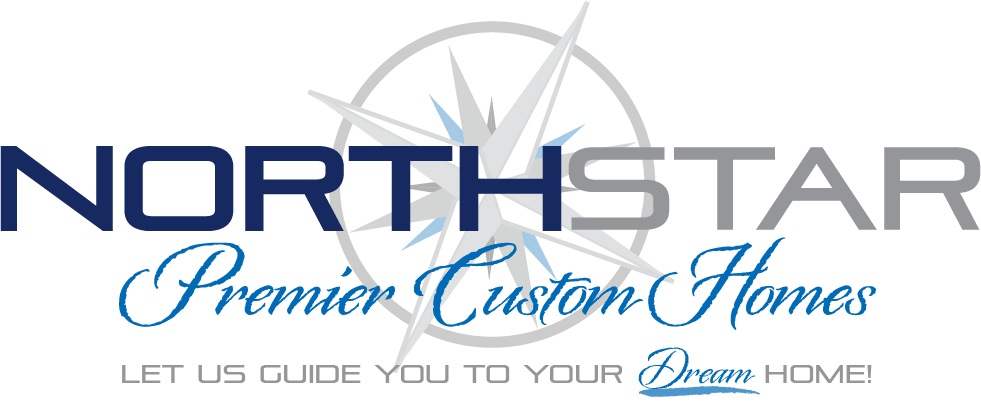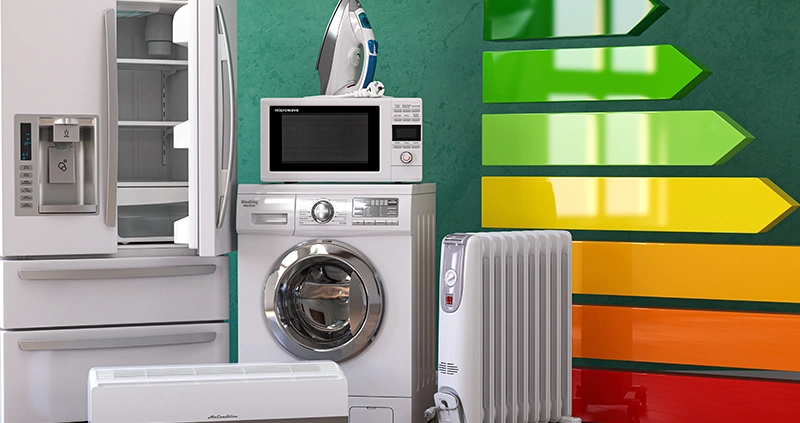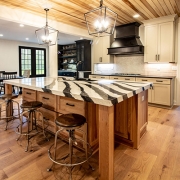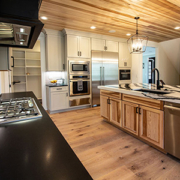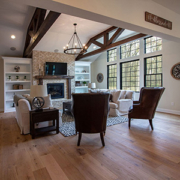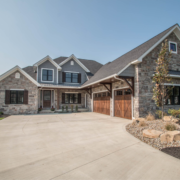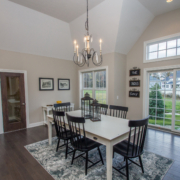The Smart Home Revolution: What Goes into a Modern Smart Home – Energy Efficiency
Energy Efficiency: The Smart Home’s Contribution to a Greener Future
In a world increasingly focused on sustainability, smart homes are leading the charge in energy efficiency. By leveraging advanced technologies and automation, smart homes are not only becoming more convenient and secure but are also playing a pivotal role in reducing energy consumption and environmental impact. This blog post explores how smart homes contribute to energy efficiency and what it means for the future of sustainable living.
Smart Thermostats: The Game Changers in Energy Management:
One of the most significant contributors to a smart home’s energy efficiency is the smart thermostat. These devices go beyond simple temperature adjustments; they learn your habits and preferences, automatically adjusting to ensure optimal comfort and energy savings. By analyzing your schedule and even local weather patterns, smart thermostats like Nest or Ecobee can significantly reduce unnecessary heating and cooling, leading to lower energy bills and reduced carbon footprint.
Intelligent Lighting Solutions:
Smart lighting is another area where smart homes excel in energy efficiency. LED bulbs, which are far more energy-efficient than traditional incandescent bulbs, can be controlled and automated through smart home systems. Features like motion sensors, automated schedules, and the ability to adjust lighting based on natural light availability help in reducing electricity usage significantly.
Energy Monitoring and Management Systems:
Modern smart homes often include energy monitoring systems that provide real-time feedback on electricity usage. These systems help homeowners identify high-energy appliances and peak usage times, enabling them to make informed decisions about their energy consumption. By understanding and managing energy usage, homeowners can take active steps towards reducing their energy footprint.
Smart Appliances: Enhancing Efficiency:
Smart appliances, including refrigerators, washing machines, and dishwashers, are designed for optimal energy use. They often come with eco-modes and can be scheduled to operate during off-peak hours when energy rates are lower. The integration of these appliances into the smart home ecosystem allows for a more coordinated approach to energy usage.
The Role of Renewable Energy:
Smart homes are increasingly incorporating renewable energy sources like solar panels. Integrated with home energy management systems, these sources can significantly reduce reliance on traditional energy grids, pushing the boundaries of what it means to be energy efficient.
The Future of Smart Homes and Energy Efficiency:
As technology continues to advance, the potential for energy savings in smart homes is immense. Future innovations may include more advanced AI algorithms for even better management of energy consumption, and increased integration with renewable energy sources, paving the way for truly self-sustaining homes.
Conclusion:
Smart homes represent a critical step forward in the pursuit of energy efficiency and environmental sustainability. By intelligently managing and reducing energy consumption, smart homes not only offer financial benefits to homeowners but also contribute significantly to the broader goal of reducing global energy consumption and combating climate change.
Ready to Create the Home of Your Dreams?
At North Star Premier Custom Homes, we turn dreams into reality. If you’ve been dreaming of a home that perfectly reflects your lifestyle and taste, it’s time to take the first step. Contact us today to schedule a consultation with our team of expert designers and builders. We’re dedicated to crafting homes that are not only beautiful but also a true representation of you. Don’t just imagine your perfect home; let us help you build it. Call us now to start your journey to a bespoke living experience. Your dream home awaits!
